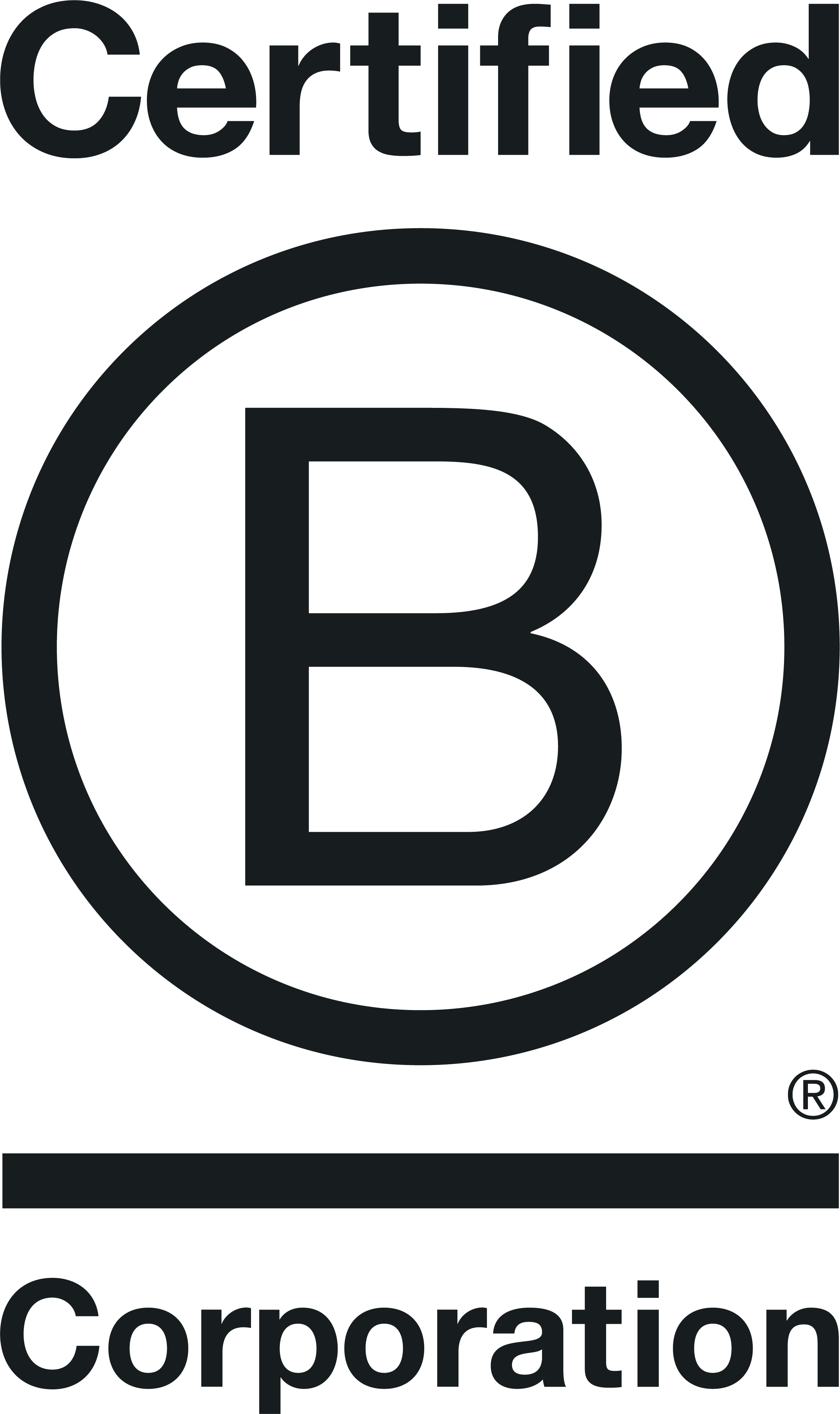When it comes to choosing brands, more and more people are putting their money where their hearts are.
We’re living in an era of radical visibility, brought about by technology and media innovation that mean poor business practices and unethical behaviour don’t stay secret for long. Coupled with an economy that many feel isn’t working for them, public trust (and patience), is wearing thin.
For business leaders who’ve only ever had to think about their products and services as the way to keep their customers happy, this is a big shift. Now their entire ethos and business practices are open to scrutiny. We are seeing that customers are increasingly not just buying companies’ products – they’re buying into them.
One response to this growing expectation for higher standards from business is the adoption of a publicly stated higher purpose, or ‘Brand Purpose’.
Finding purpose
Identifying a purpose around which you can build your strategy, like most aspects of business strategy, is largely a question of understanding what your customers care about and what motivates your people to pour their heart and soul into their work.
We’re surrounded every day by news articles and documentaries expounding the dangers of rising global temperatures and sea levels, declining air quality, polluted oceans and shrinking animal populations, for example. Unsurprisingly then, many brands are finding their sense of purpose in using their influence to help mitigate these global catastrophes.
There’s plenty of evidence to suggest that a sustainability-focused strategy can capture the hearts and minds of consumers, who are increasingly informed and conscientious about their actions. Brands who are ditching plastic, investing in carbon reduction and offering clever innovations that benefit the planet are grabbing column inches and gaining cult followings as a reward for their contributions.
For example, despite exponential growth in competition in the festival sector, Glastonbury continues to dominate and get the most media coverage, thanks in part to their continual pushing of the boundaries when it comes to eco-friendliness. This year, their total ban on plastic water bottles and impressive statistic of 99.3% of tents being taken home afterwards, assured their continued dominance in the media and public consciousness.
Authenticity in purpose
Of course, an environmentally-focused purpose at the heart of the business strategy isn’t right for every brand. And if it isn’t true, and implemented throughout the business, it can be dangerous to try and fake it. As with any brand promise that involves putting your head above the parapet, the rewards can be great, but so can the risks if you don’t deliver on it. Consider Starbucks’ ill-fated foray into equality issues in their ‘Race Together’ initiative, before they had got their own coffee house in order.
So, it’s worth considering carefully where you can genuinely make the most impact and how ‘big’ to make your purpose. Equality, diversity, fairness, community, education, living standards… there are many hot topics and societal issues on which brands and businesses can exert a positive influence.
Just be sure that you really believe it, it is relevant to your business and you are prepared to do more than just say it.
What’s the real change here?
Brand experts have long encouraged organisations to have a big Vision or Mission at the heart of their strategy – the bigger the better. The more you can convince customers and colleagues that the world is a better place with you in it, the more you inspire their devotion. In many ways, Brand Purpose is simply the next logical step in this direction.
More than that though, it’s a response to globalisation and a growing public awareness (and nervousness) about the power of big business to influence every aspect of life on earth. When the world’s biggest brands wield more power and resources than some countries, people are increasingly demanding that they use that power for good, in exchange for their continued custom.
And this really is a win-win-win.
We, the people, get to make change happen through our buying decisions.
The brands that do this well, enjoy improved performance – Kantar Consulting’s ‘Inspiring Purpose-Led Growth’ 2020, says over the last 12 years, brands with a high sense of purpose have experienced a brand valuation increase of 175%, compared to only 70% for those with a low sense of purpose.
And the world becomes a better place.
As ever, we think we’re only scratching the surface of the potential power of brand and there’s plenty of great stuff to come. What do you think?




